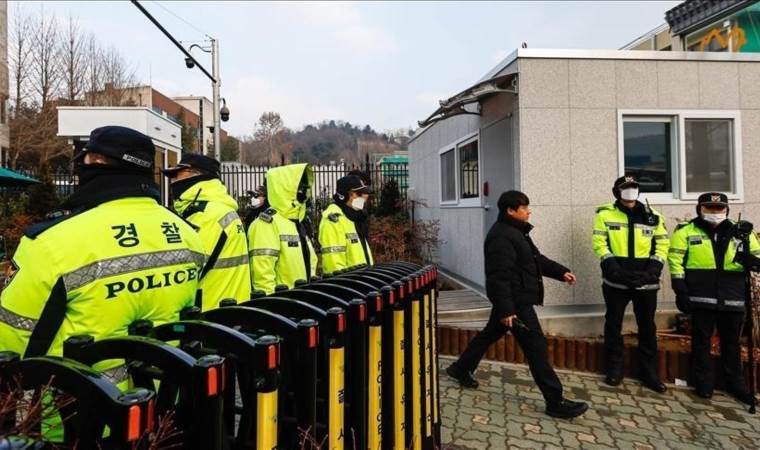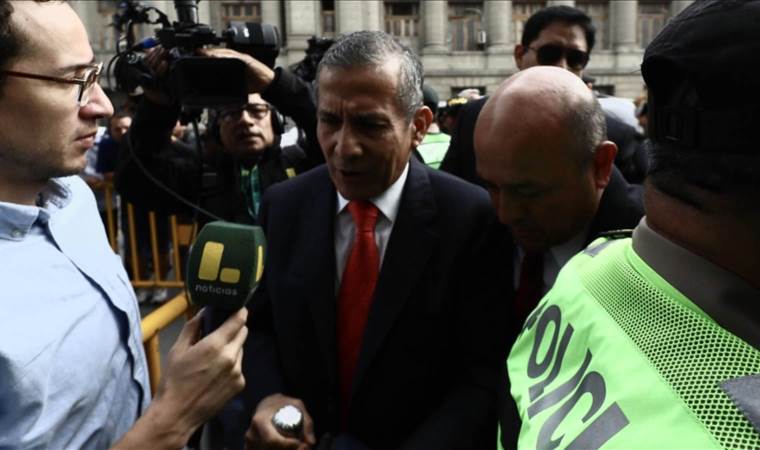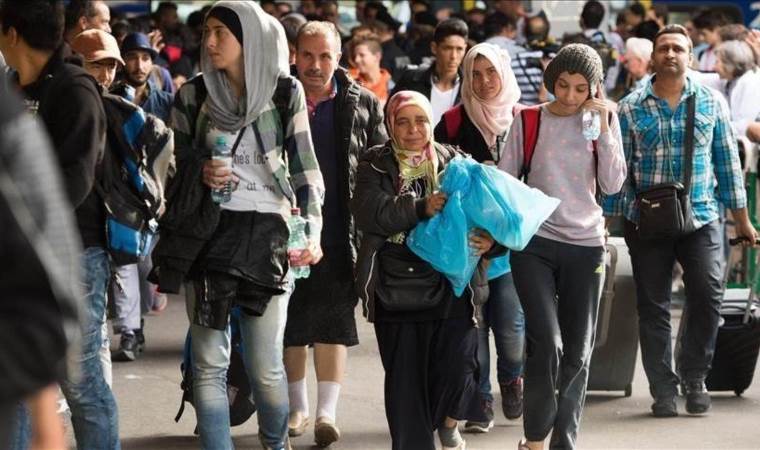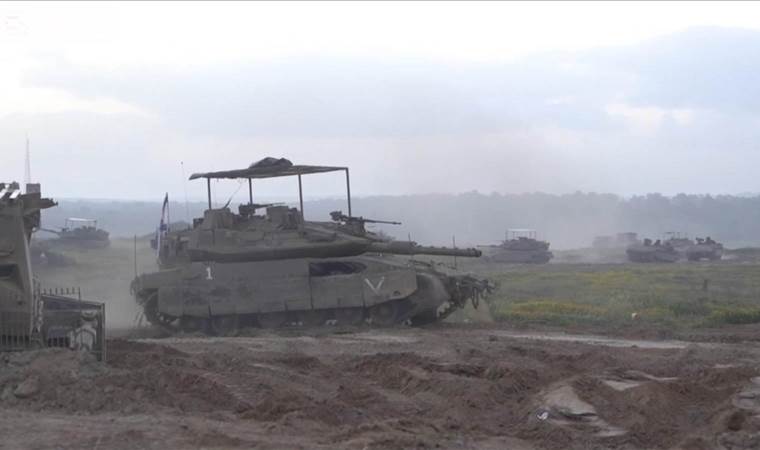Authors Columns of the Day Sport Guest Life All Authors
Why is China doing this?
WHERE IS THE EXCESS CAPACITY GOING?
This surplus of 18 million vehicles is flowing into global markets, particularly affluent nations. This trend has led to increased concerns in Western media about China's threat to the automotive industry, particularly in the electric vehicle market. According to the Financial Times, sales of vehicles from China in the European electric car market surged from $1.6 billion in 2020 to $11.5 billion in 2023. Their market share quadrupled to reach 8%, projected to rise to 20% by 2027.
As the Chinese economy matures, its growth rate is declining from an average of 7-9% annually to 4-5%. Nevertheless, China continues to build manufacturing capacity in the face of exceeding domestic demand, exporting the surplus production. A Foreign Affairs article (27/03/2024) reports that China's trade surplus reached a total of $1.7 trillion in the 2022-23 period. Concerns are mounting among the United States, the European Union, Japan, and other developed and developing countries that China is preparing to export its way out of economic slowdown.
TOWARDS A NEW WORLD ORDER...
So, why is China producing "excess cars"? Firstly, to "strengthen productive forces" (the party's new slogan) and continue creating surplus value to enhance societal welfare. However, the realization of this surplus capacity's generated surplus value, the commodification of products, necessitates access to external markets.
With its 28.4% share, China, boasting the world's largest manufacturing industry, is moving beyond merely carving out a place in global markets with more creative, competitive, and increasingly technologically advanced products (electric vehicles, solar panels, computers, cell phones, 5G...). As many industrial experts, including those from WSJ, argue, China is progressing towards dominance, or in other words, constructing a new world order.
During periods of heightened international competition like this, economies with relatively low industrial productivity face the risk of either losing production capacity and employment or turning to policies to protect production capacity and employment in the face of global economic competition. According to reports from The New York Times, discussions on "industrial policies" and an increase in "protectionist measures" have been prominent in economic press and IMF and World Bank meetings over the past year. An IMF study indicates a rapid rise in such measures, especially in developed countries.
However, protective measures may sometimes prove insufficient, as seen in the example of EU-China competition in the automotive markets. Due to differences in productivity levels, even raising the EU's import tariff to 30% or even 50% may not significantly deter Chinese companies' profit margins.
In fact, we are not only talking about differences in productivity levels but also about the capacities of two different "capital accumulation regimes." The Chinese model relies on a form of state capitalism that integrates economics and politics, with planning, guidance, financial incentives, support, and, when necessary, direct state intervention, including coercion to compel mergers among companies. The neoliberal free-market model cannot compete economically with this "Beijing model." Consequently, the options often boil down to either emulating the "Beijing model" or resisting it through political and military means. The "Beijing model" also includes characteristics such as a strong state, a skilled and disciplined bureaucracy, and a political party ("modern prince") that places particular emphasis on maintaining income distribution balances and social stability.
When these features are transplanted into the cultural and ideological world of Western societies, which neoliberalism has atomized, the possibility of a "processual fascism" begins to take shape, encompassing plutocracy (obscene income distribution) and the legacies of history (colonialism, fascism, imperialism).
Yazarın Son Yazıları All Columns
Günün Köşe Yazıları
Most Read News
-
 Journalist Avaz Zeynalli diagnosed with cancer in prison
Journalist Avaz Zeynalli diagnosed with cancer in prison
-
 ‘No reason for gram of food or aid to enter Gaza’: Israe
‘No reason for gram of food or aid to enter Gaza’: Israe
-
 French justice minister labels prison attacks as ‘terror
French justice minister labels prison attacks as ‘terror
-
 South Korean police raid presidential office over martia
South Korean police raid presidential office over martia
-
 Peru's ex-President Humala, wife sentenced to 15 years f
Peru's ex-President Humala, wife sentenced to 15 years f
-
 European Commission proposes 1st list of safe countries
European Commission proposes 1st list of safe countries
-
 Trump administration eyes closure of nearly 30 US embass
Trump administration eyes closure of nearly 30 US embass
-
 Trump says China withdrawn from Boeing deal
Trump says China withdrawn from Boeing deal
-
 EU’s von der Leyen: ‘The West as we knew it no longer ex
EU’s von der Leyen: ‘The West as we knew it no longer ex
-
 Israel says its army to remain in Gaza in ‘any temporary
Israel says its army to remain in Gaza in ‘any temporary











